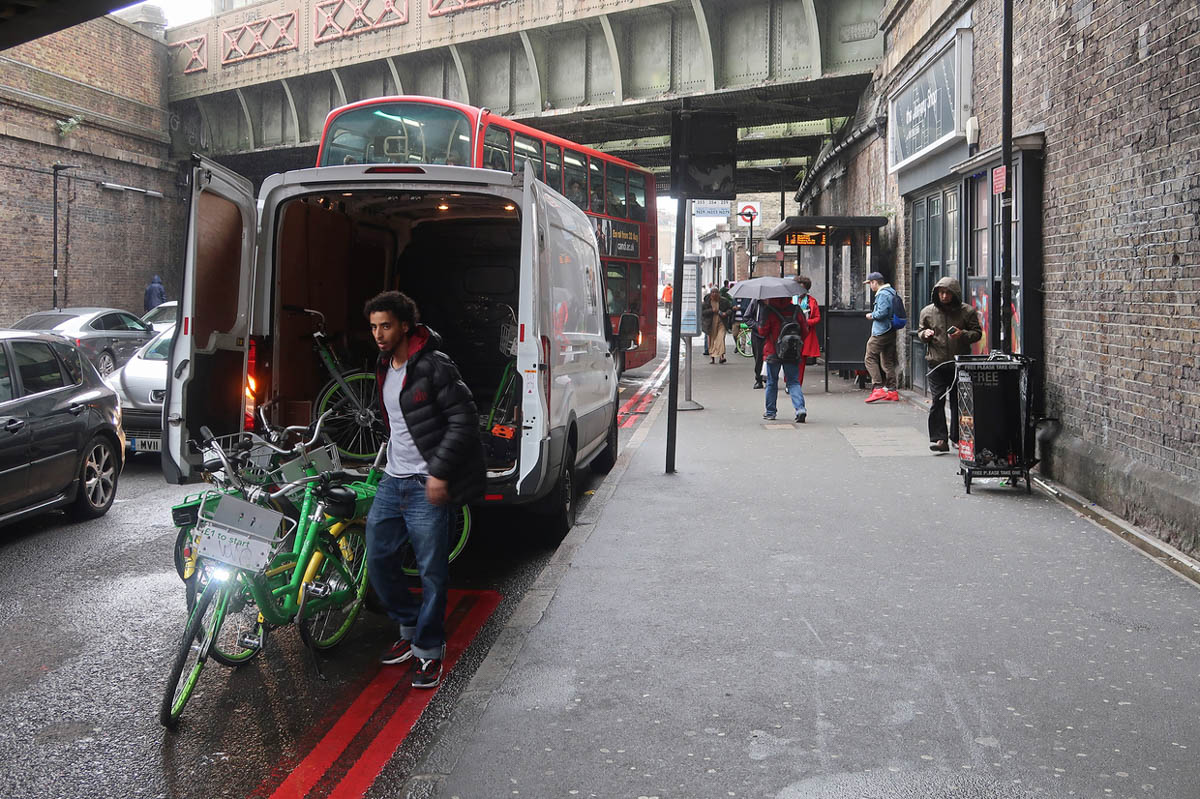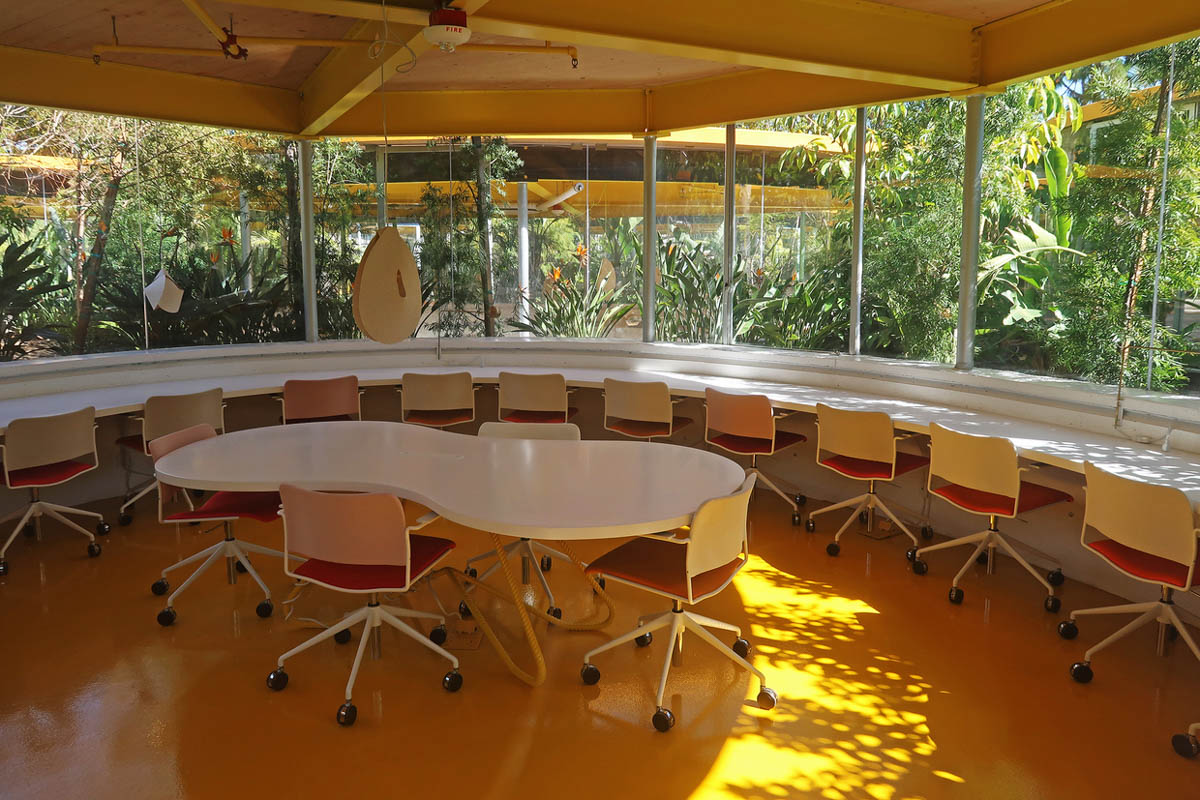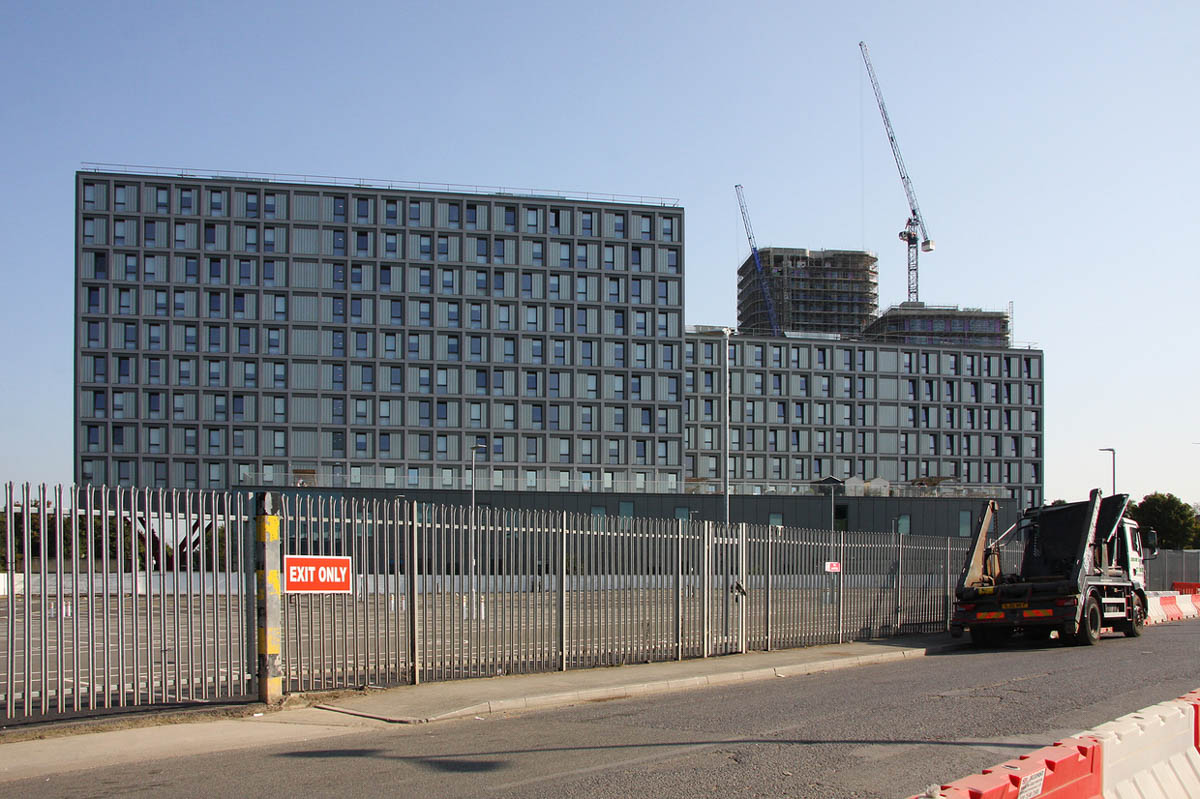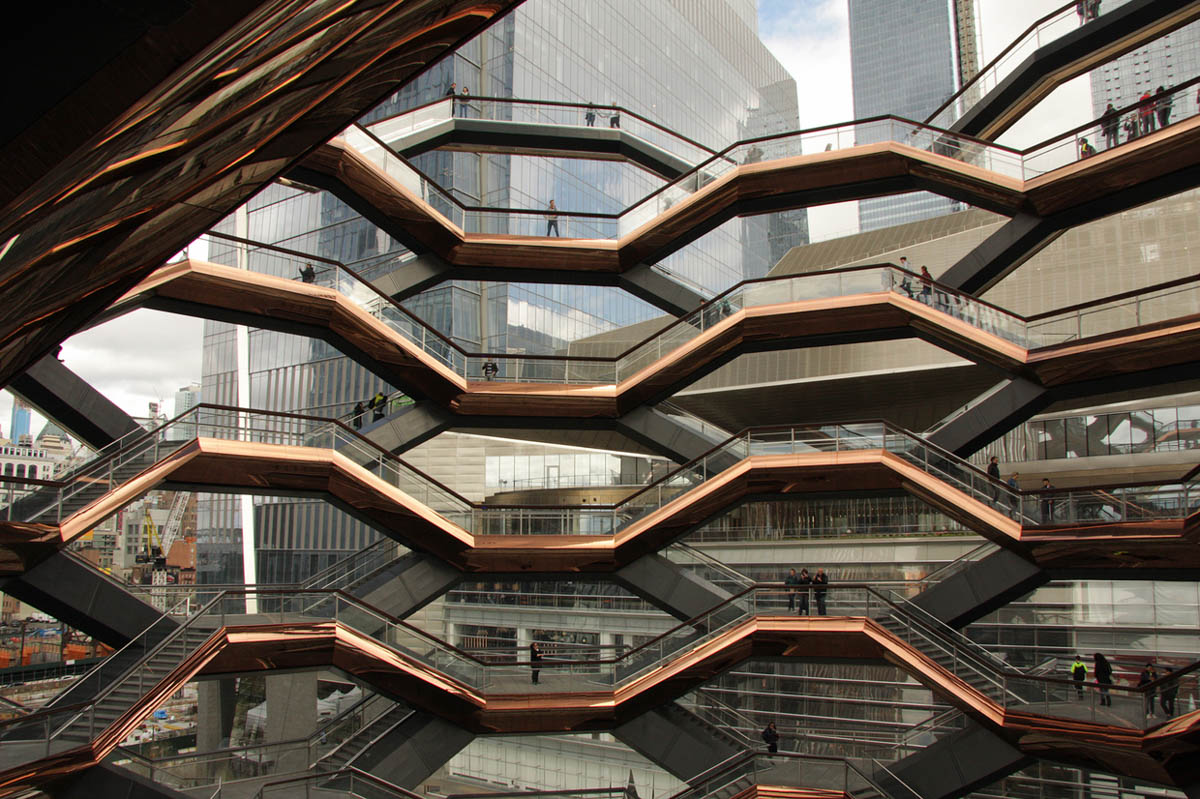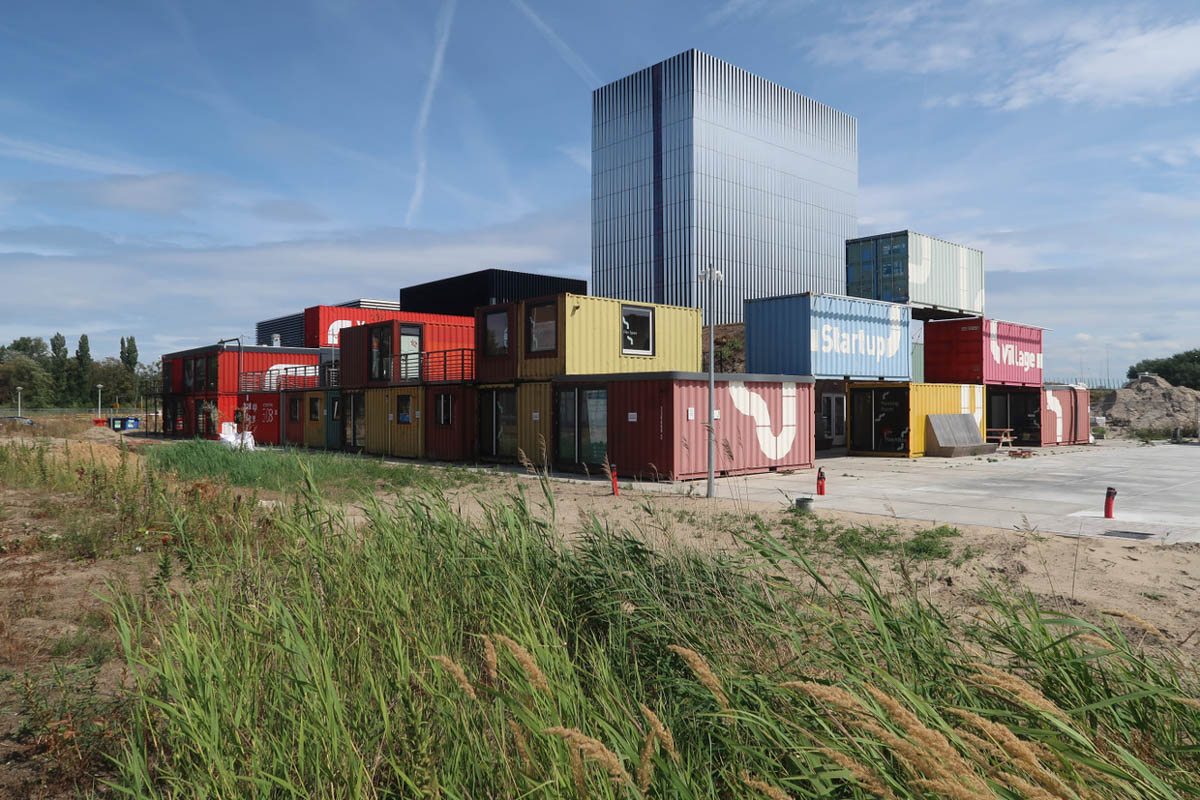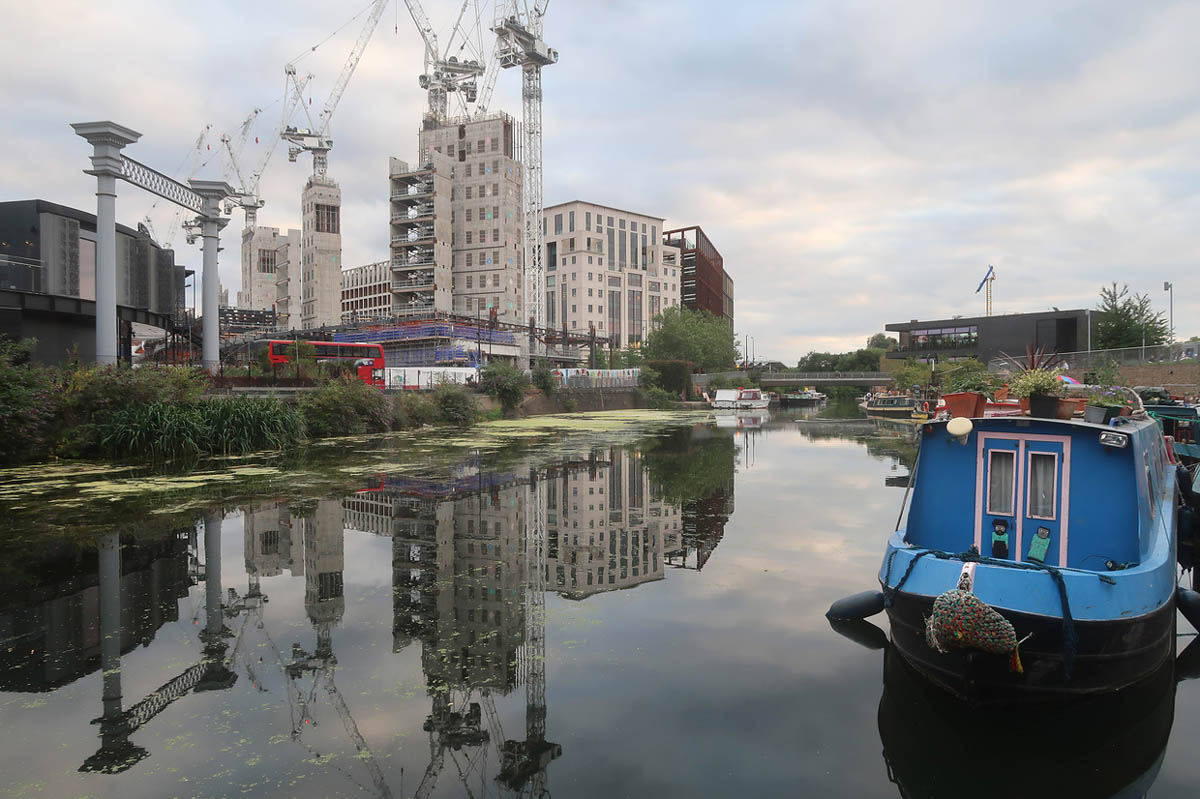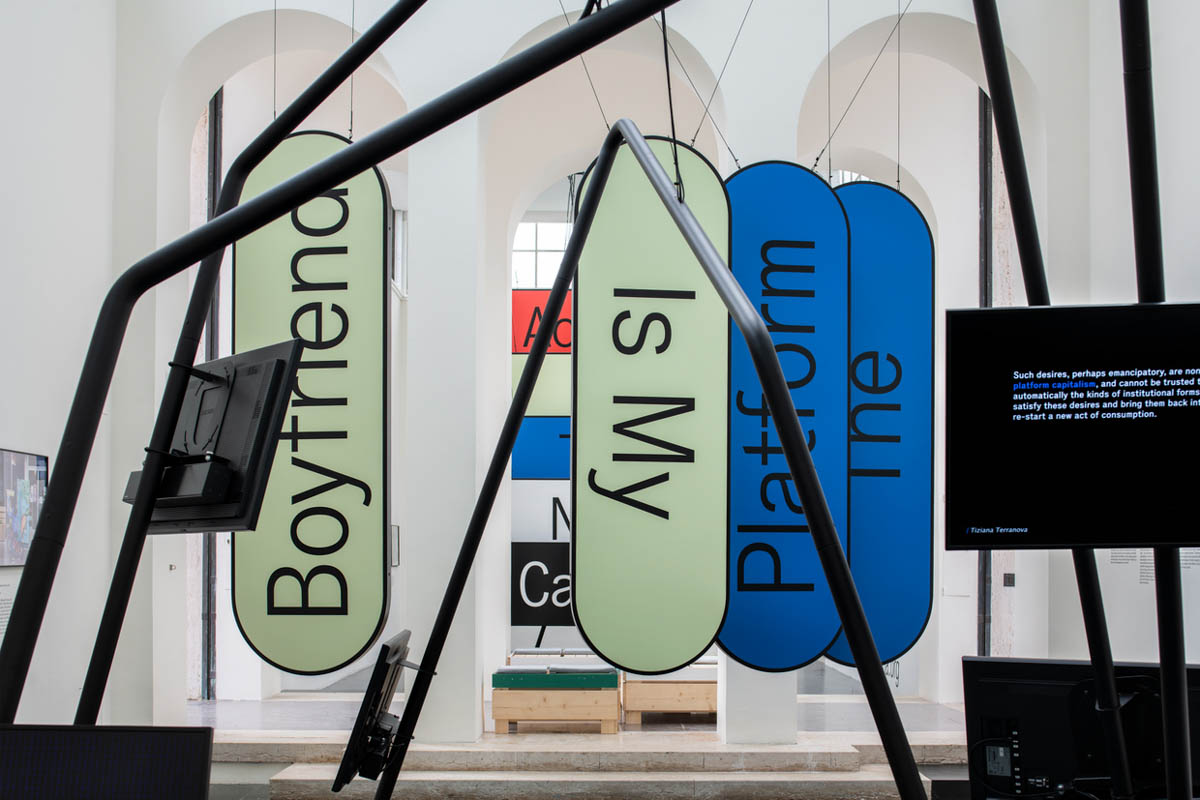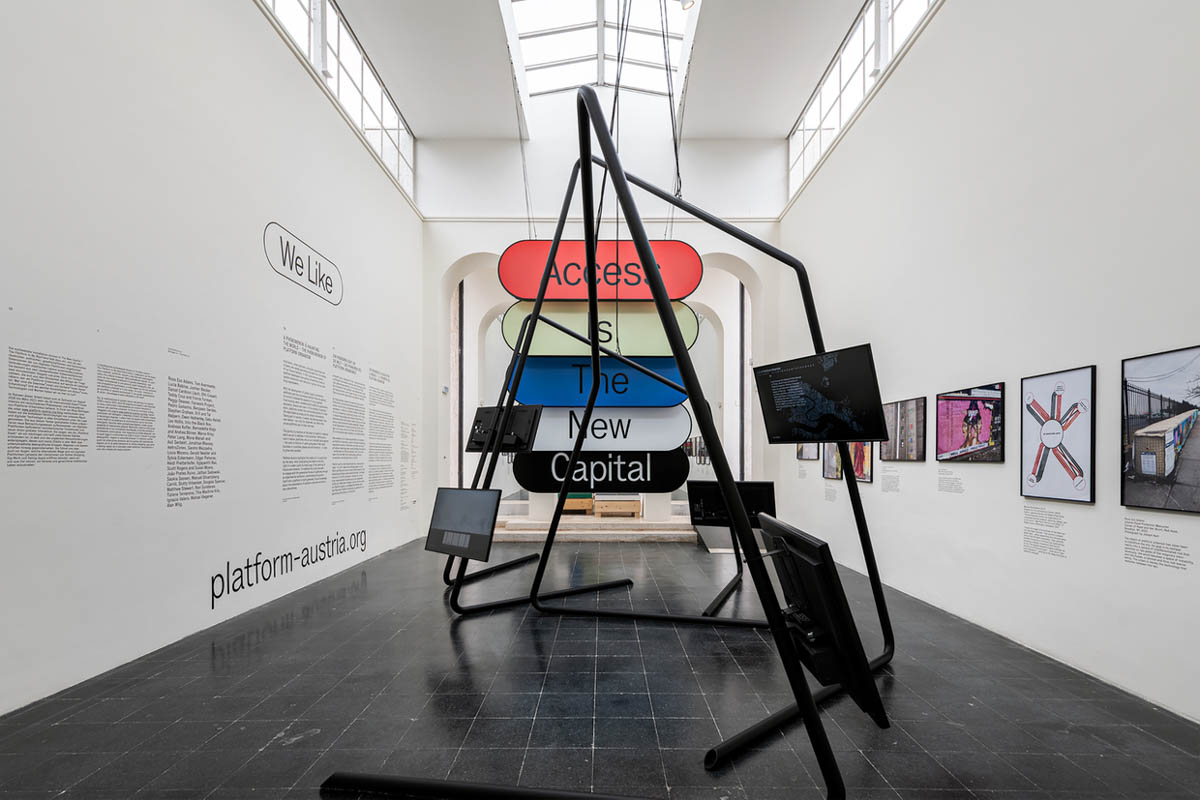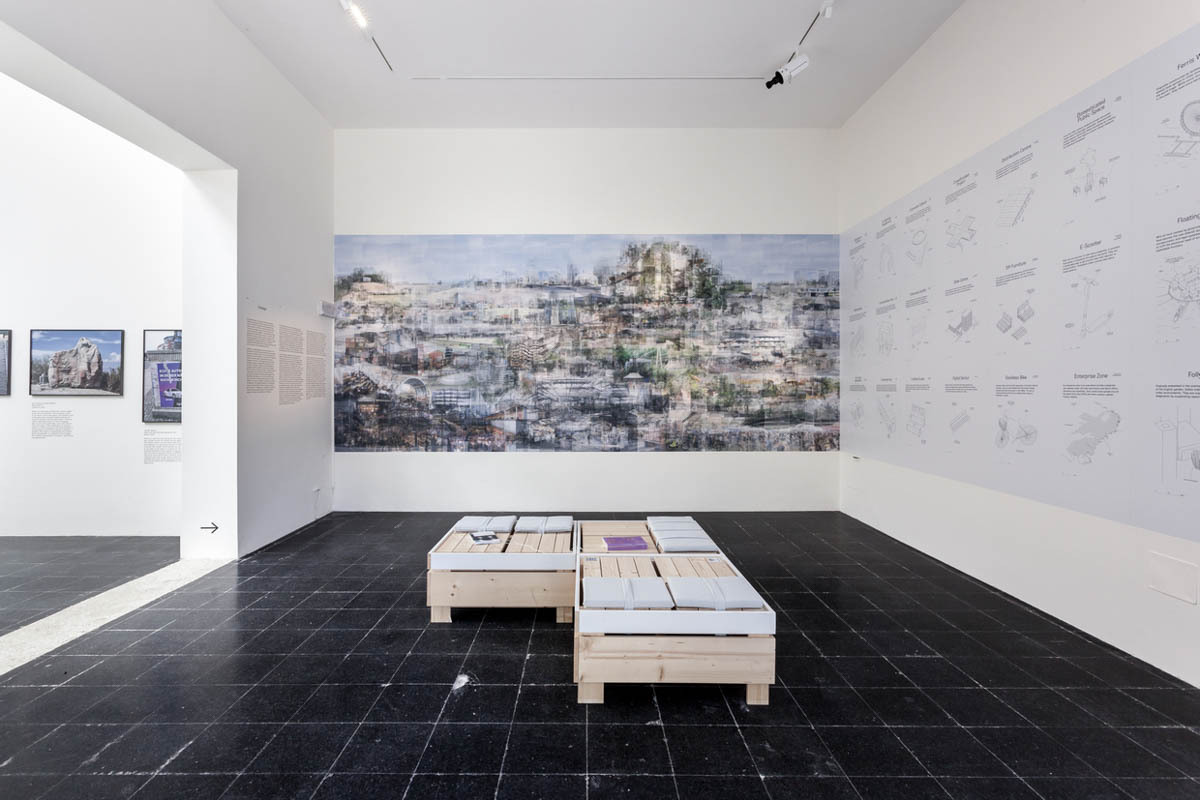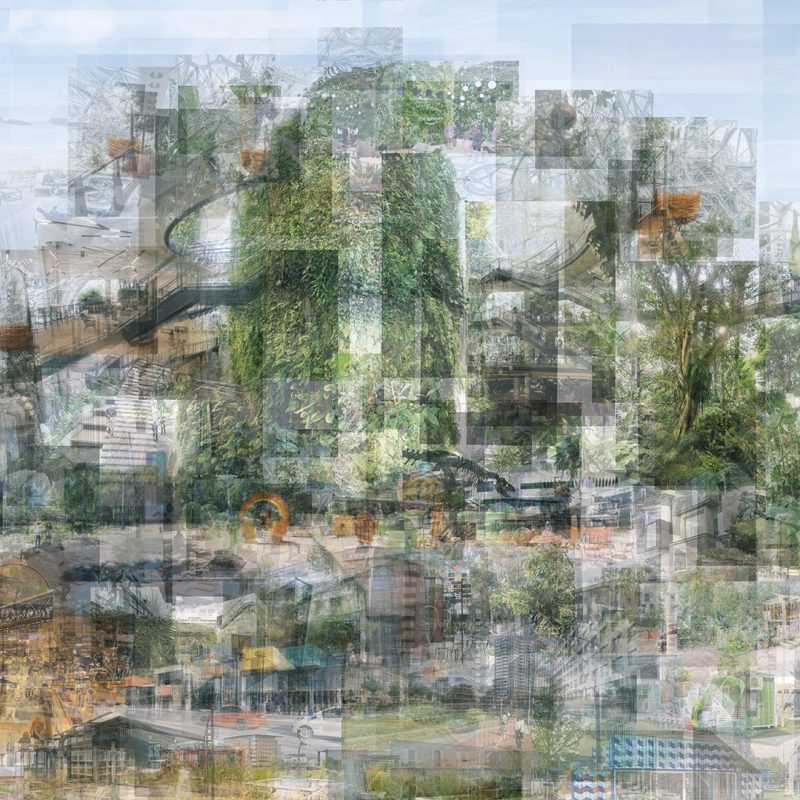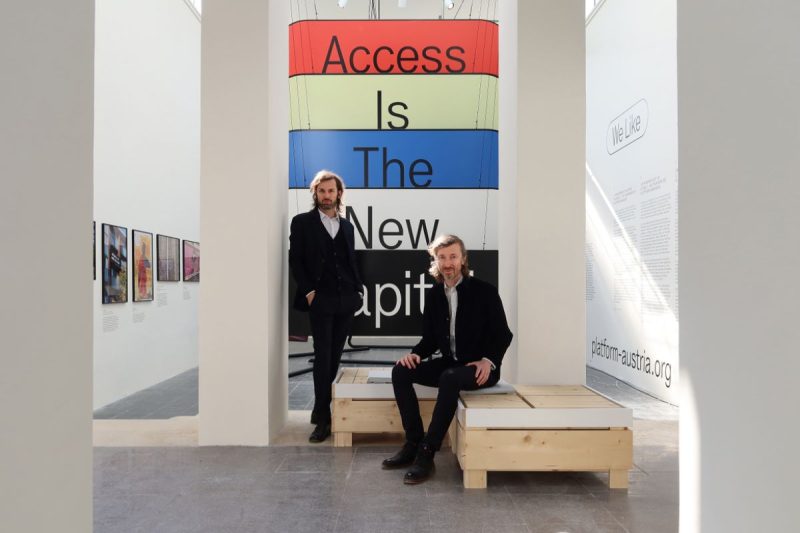- 22.05.-21.11.2021
- Exhibition and discussions
- WE LIKE –
BIENNALE ARCHITETTURA 2021
Biennale Architettura 2021
We are pleased to present our research at the Biennale Architettura 2021!
PLATFORM AUSTRIA, the Austrian contribution to the 17th International Architecture Exhibition La Biennale di Venezia, will be on show in Venice from 22 May to 21 November 2021.
“Over the last year, we’ve learned a lot about digital platforms. Having to stay at home because of the current pandemic has meant having to get used to these platforms in order to be able to get on with our lives. So, as a result, we’ve seen how platforms have completely changed the way we interact – the way we work, learn, shop, entertain ourselves and socialise.
But the way we use platforms is not only having a massive impact on us as people. It is also transforming our cities. This is the situation that we aim to address with our programme in the Austrian Pavilion. Together with experts from around the world, we investigate platform urbanism as a novel phenomenon that could fundamentally change the way we live together.” – Peter Mörtenböck and Helge Mooshammer
PLATFORM AUSTRIA
ON THE PHENOMENON OF PLATFORM URBANISM
Digital platforms are unarguably exercising an increasing influence on the ways we live together. The fact that they are transforming our social, economic and political frameworks has been particularly clear over recent months, when platforms have often made their presence felt as saviours in our hour of need. PLATFORM AUSTRIA, the Austrian contribution to the Biennale Architettura 2021, seeks to articulate the profound changes that this development involves for our built environment. To this end, it will transform the Austrian pavilion into a platform of debate around how we envision the architecture of the future.
The opening of the Biennale Architettura will take place on 22 May 2021. Many aspects of our everyday lives – working, learning, shopping, meeting and socialising – are now no longer conceivable without platforms. However, platforms are not only changing the way we live but are also having a significant impact on the design of our cities. Long-standing urban structures, public institutions and established forms of social organisation are increasingly coming under pressure. Careful long-term planning is now being confronted by the call for immediate fulfilment of our desires in a “city-on-demand”.
The most important resource for platforms is participation by people, and this is the basis on which curators Peter Mörtenböck und Helge Mooshammer claim the right to co-determine the parameters of future development. They are opening up the Austrian pavilion as a discursive space addressing the changes being driven by platform urbanism – in keeping with the theme of the Biennale Architettura 2021, “How will we live together?”.
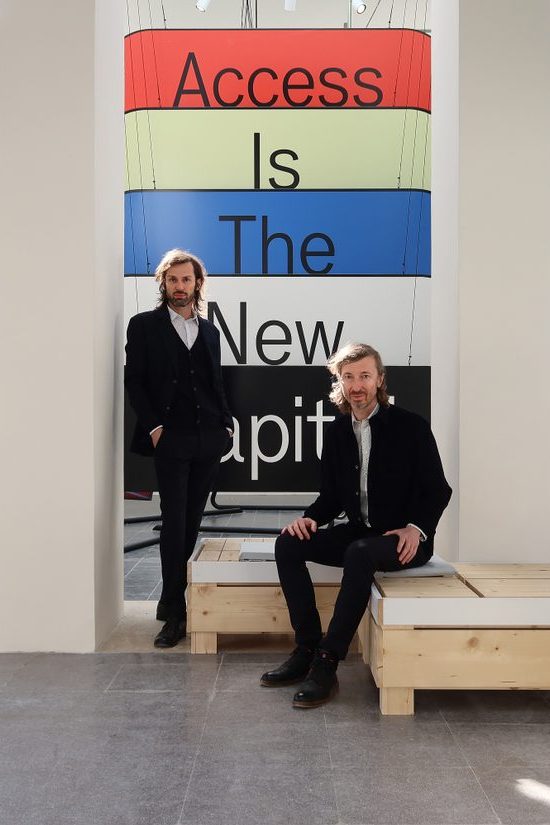
Austrian Pavilion, Venice Architecture Biennale 2021 (Foto: Stefano Rossi)
22 May 2021 – 21 November 2021
Exhibition and discussions
Giardini della Biennale, Venice
C. Giazzo
30122 Venezia
Italy
Visit the PLATFORM AUSTRIA homepage and blog
PLATFORM AUSTRIA AS ONLINE AND ON-SITE CONVERSATION SPACE
A central element of PLATFORM AUSTRIA comprises the contributions by the national and international experts who have been invited by the curators to illuminate different aspects of platform urbanism in blog contributions. As of now these experts are being introduced on social media channels and in the newsfeed of the website www.platform-austria.org along with thematic teasers. In the context of the ongoing COVID-19 crisis, the curators are placing great importance on the integration of content presented online and onsite in order to ensure the greatest possible degree of accessibility for all interested parties. In the design of the pavilion exhibition special emphasis is being given to the blog contributions by invited experts: An extensive video installation in both wings of the main gallery will make it possible to experience their analyses in animated form. Detailed visual studies of the mechanisms of platform urbanism will also be presented.
BLOGGER THEMES
The invited bloggers will be considering the question of who participates in platform urbanism and in what way: Who are the winners and losers in this development? And what constellations of actors, technologies and values are we dealing with here? A complex, composite image will emerge of the processes with which social life in cities is being reshaped for the purposes of private capital accumulation. This forum will also be discussing what alternatives we might be able to explore with digital platforms (beyond online shopping, gig work and dating apps) when it comes to the pursuit of a more equitable form of urban existence.
The contributions will deal with themes such as the economisation of life, the concentration of power by global technology concerns, the collection of data and success metrics in “intelligent” urban quarters, the effects of e-commerce on urban infrastructure, the replacement of public transport with fleets of private rental vehicles, the precarisation of labour relations in the gig economy, cost increases of inner-city living space due to the expansion of private online rental portals, changes to the ways we live together due to the development of co-living and co-working models, and the steering of affects by means of new platform services.
CONTRIBUTORS
Ross Exo Adams, Tom Avermaete, Lucia Babina, Jochen Becker, Daniel Cardoso Llach, Ofri Cnaani, Teddy Cruz und Fonna Forman, Peggy Deamer, Fairwork Project, Pedro Gadanho, Benjamin Gerdes, Stephen Graham, Orit und Tal Halpern, Owen Hatherley, Gabu Heindl, Leo Hollis, Into the Black Box, Andreas Kofler, Bernadette Krejs und Andrea Börner, Maros Krivy, Peter Lang, Mona Mahall und Asli Serbest, Jonathan Massey, Sandro Mezzadra, Louis Moreno, Gerald Nestler und Sylvia Eckermann, Edgar Pieterse, Heidi Pretterhofer, Vyjayanthi Rao, Scott Rogers und Susan Moore, João Prates Ruivo, Saskia Sassen, Manuel Shvartzberg Carrio, Slutty Urbanism, Douglas Spencer, Matthew Stewart, Ravi Sundaram, Tiziana Terranova, This Machine Kills, Ignacio Valero, Matias Viegener, Alan Wiig
